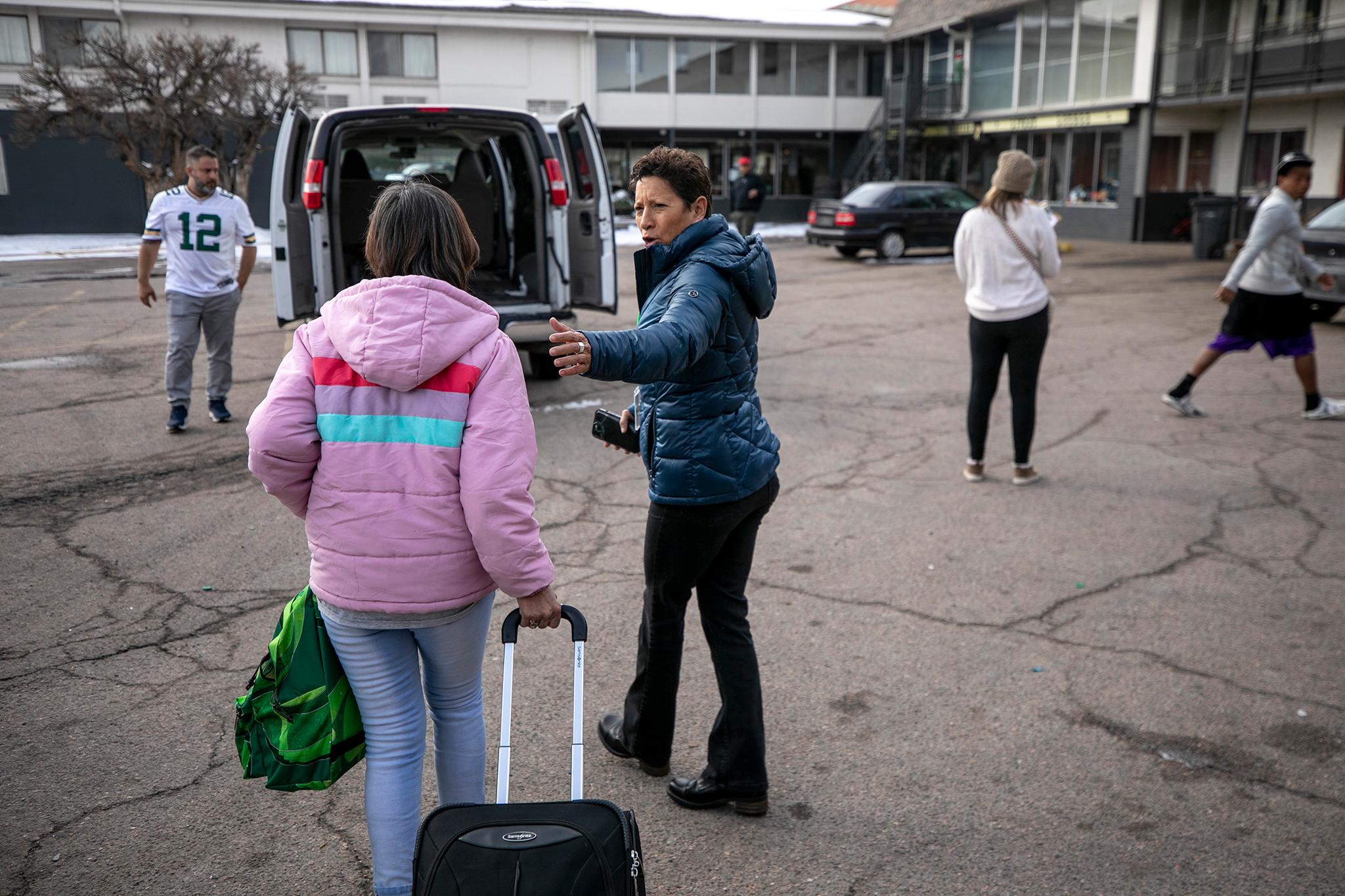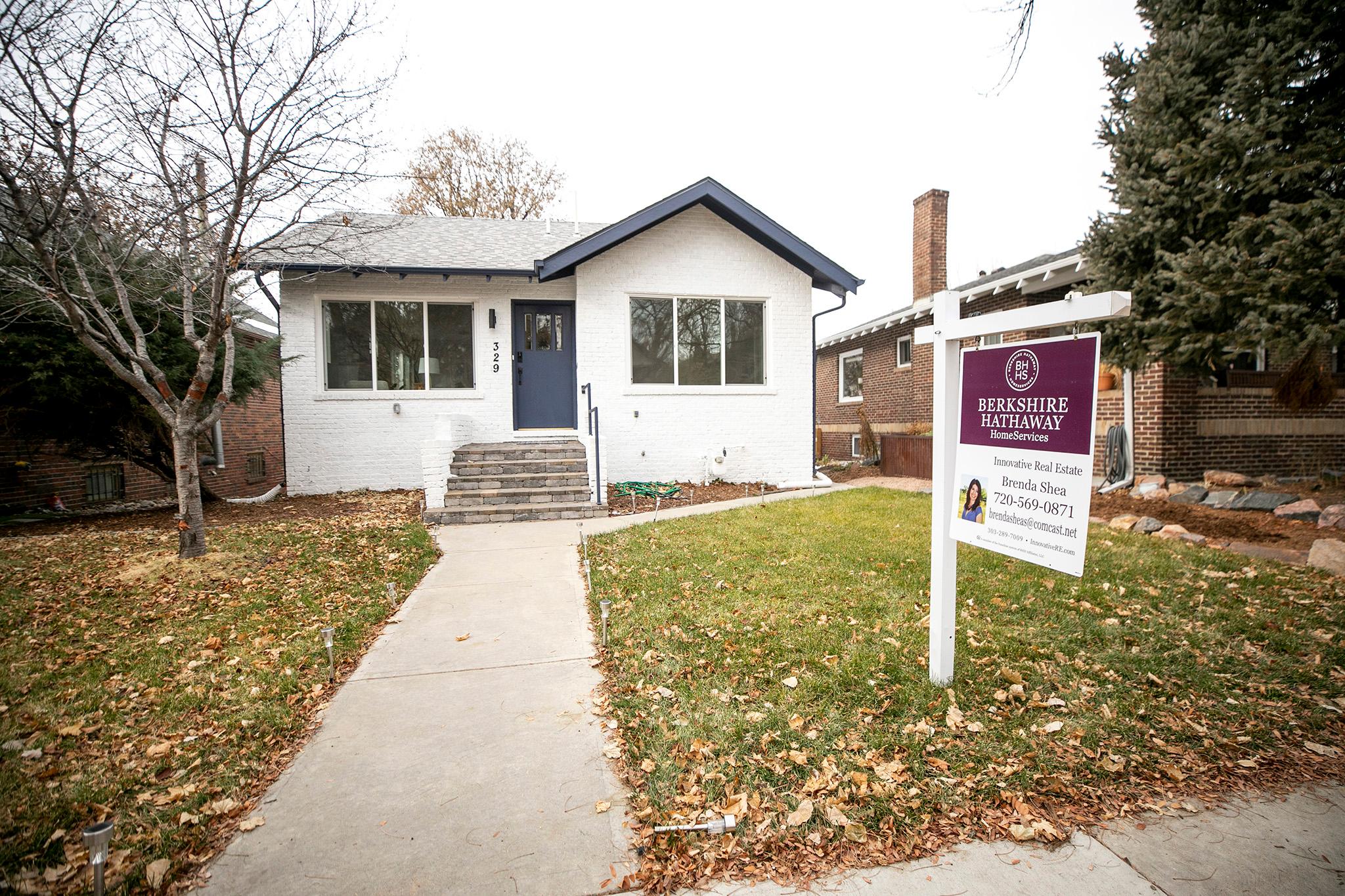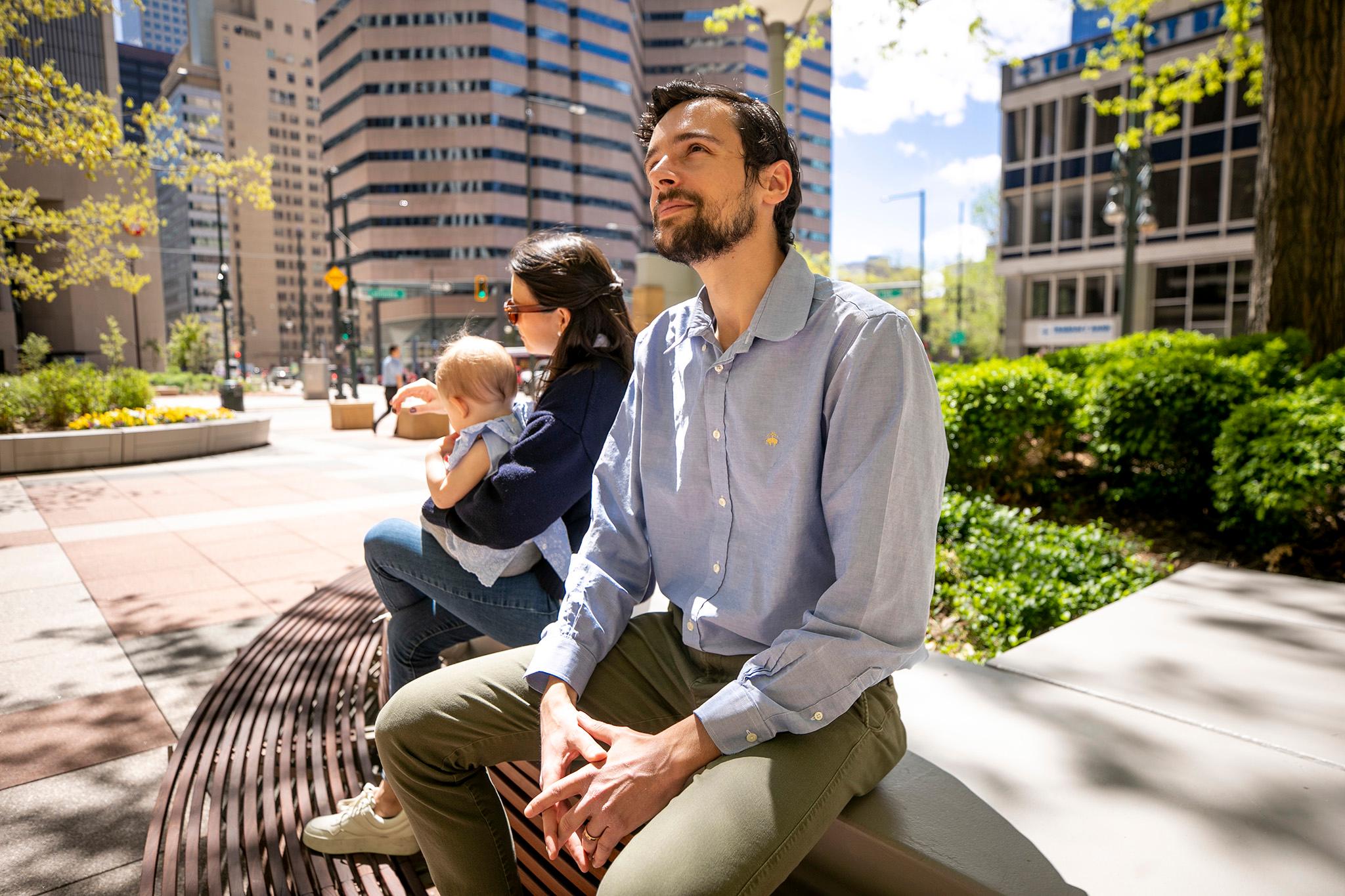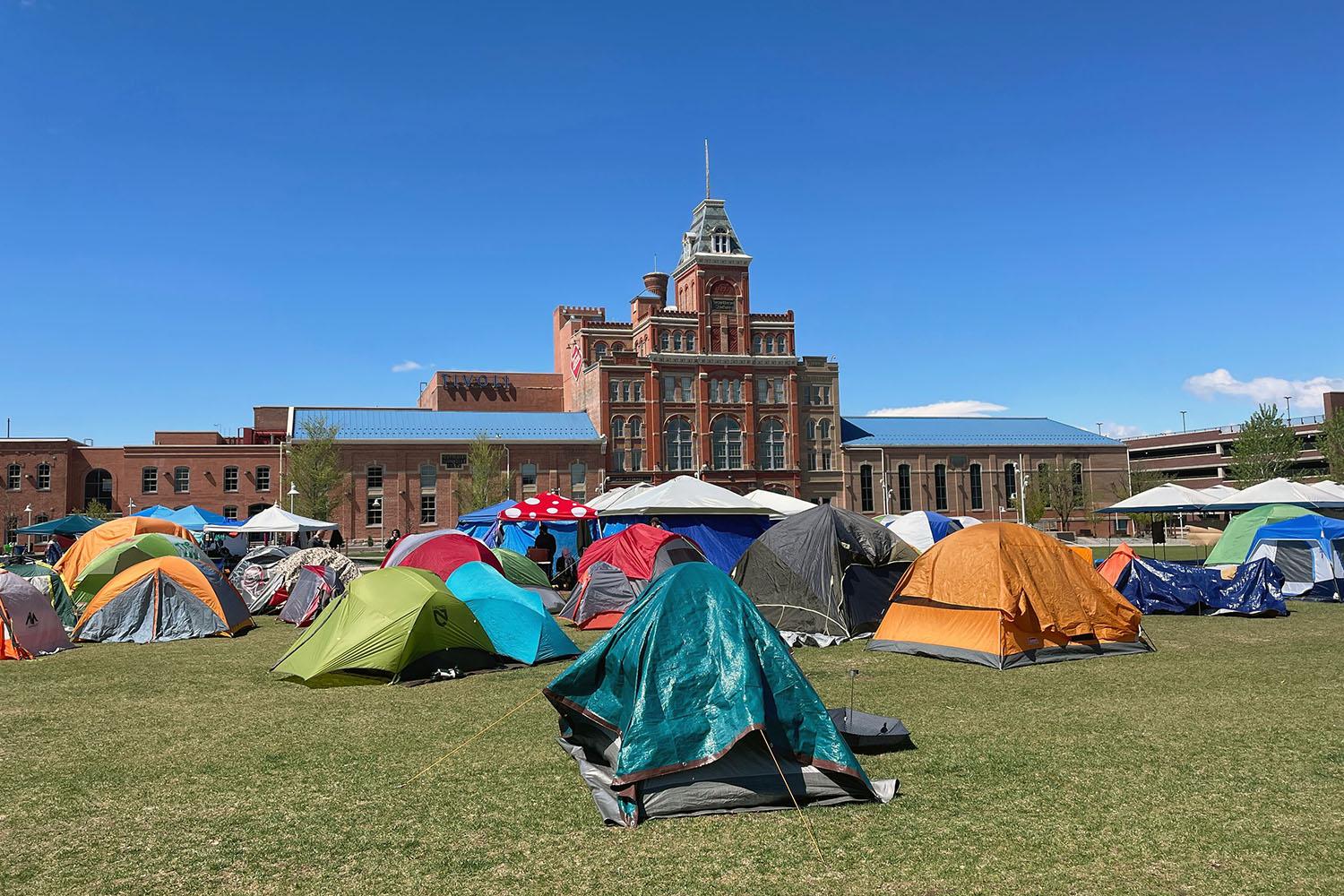A Denver city employee will be sent to El Paso for about a month to continue spreading the word on the city’s new migrant response program.
On Wednesday, City Council members in the Safety and Housing committee were given an update on the city’s new Denver Asylum Seeker Program. Councilmembers were given breakdowns of budgets and next steps in the process, which will see a move from emergency sheltering work to a focus on providing new immigrants with housing, rent and food assistance and job training for six months.
When the program was announced in early April, Denver Human Services sent two employees to El Paso for a few days to speak with newcomers and nonprofits there about what coming to Denver will mean for them now.
The goal then was to let new immigrants and nonprofits in El Paso know that long-term sheltering is no longer an option and folks who arrived in Denver after April 10 would be placed in congregate shelter, if they need, for only three days.
Now, the city will be extending that communication by sending another DHS employee to El Paso for about a month.
During Wednesday's committee meeting, Sarah Plastino, head of the Newcomer Program with DHS, said that the employee will head to El Paso on Saturday to continue informing folks in the area about the changes in policy in Denver.
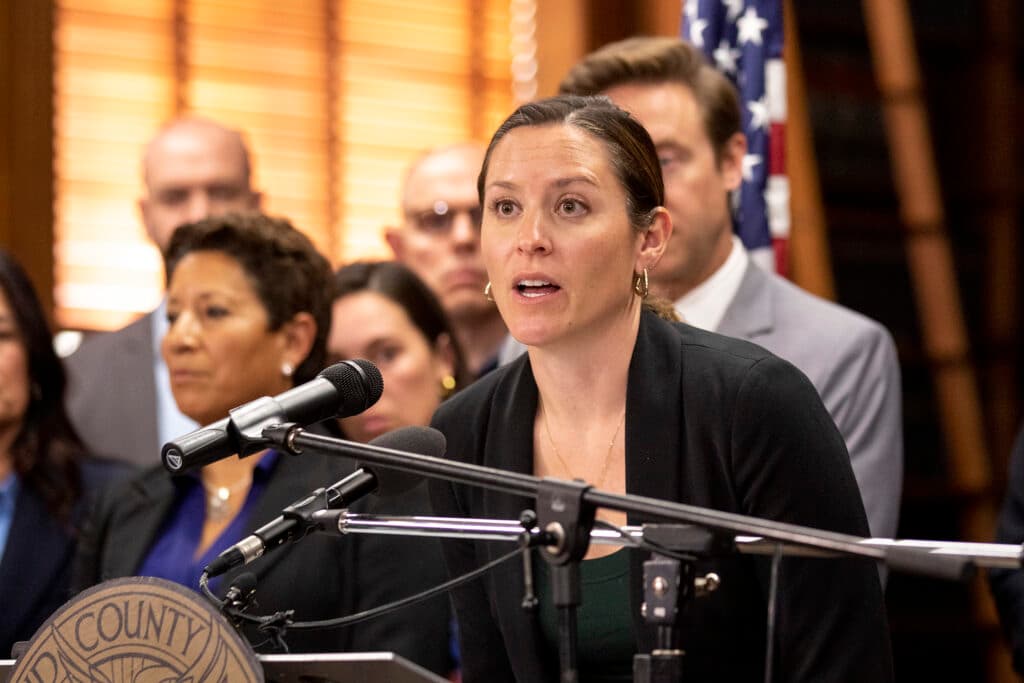
“She will be working on the ground with stakeholders, newcomers and government officials in El Paso to coordinate, inform people of our policy change and develop stronger relationships with people on the ground,” Plastino said. “Our goal is to really communicate our policy because we want people to understand our policy before they get here so that people can make informed decisions for themselves.”
Plastino continued by saying that sending a representative to El Paso is a slight preventative measure because if a family is unaware of the change, they may arrive in Denver thinking they will have long term shelter and that isn’t the case.
“Maybe they still do want to come here, maybe they have family and friends here or they were always planning on arriving here, but if the decisive factor is, 'Oh, I'm going to get six weeks in a hotel'… that's not correct,” Plastino said. “We want those folks to have accurate information so that they can make the best decisions for themselves.”
Denver isn’t the first city to send employees to El Paso, according to Jon Ewing, a spokesperson for DHS.
He previously said representatives from New York and Chicago were also sent to Texas to relay their own city policies.
During the committee meeting, Councilmember Serena Gonzales-Gutierrez asked what the city representative was being told to say to nonprofit and new immigrants in El Paso – asking, for example, whether there’s a script or a set communication. Plastino said the employee has worked with new immigrants for a long period of time and isn’t being given a script. The employee is just conveying what the new policy is.
Since April 11, when the Asylum Seeker program started, about 180 people have arrived in Denver, according to Plastino. About 20 buses have arrived from Texas, Plastino said, an increase from March bus arrivals. About 138 people were given tickets to be sent to other locations, Plastino added. It’s unclear where the remaining new immigrants were placed.
Ewing previously said the reason why city employees are being sent to El Paso instead of other border cities is mainly because the bulk of new immigrants are arriving from El Paso. According to Plastino, people in El Paso are being offered free bus passes to either Denver, New York or Chicago.

